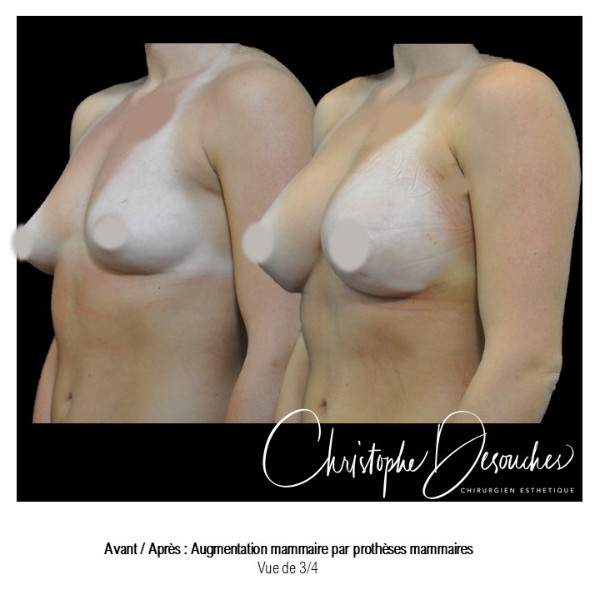
Breast augmentation using implants. Implants are placed via the axillary route (in the armpit). Natural curve with no visible scarring.

Fees
Contact
04 91 55 00 00
By choosing Doctor Christophe Desouches and his team, you are talking to experienced professionals who will support you at every stage of your process.
Online quote
Online appointment
Fees
Contact
04 91 55 00 00

Breast augmentation using implants. Implants are placed via the axillary route (in the armpit). Natural curve with no visible scarring.
By choosing Doctor Christophe Desouches and his team, you are talking to experienced professionals who will support you at every stage of your process. Do not hesitate to contact us on 04 91 55 00 00 to make an appointment.
HAIR SURGERY
Hair Transplant
FUE
Mesotherapy
Stem cells
Vitamin complex
INTIMATE SURGERY
Male
Penile lengthening
Penile thickening
Hyaluronic acid
Scrotal lift
Female
Nymphoplasty
INNOVATIONS
Custom cosmetics
Skin analysis
Cellfina
HIFU
ORIGIN
3d simulation
Callback request
Callback request